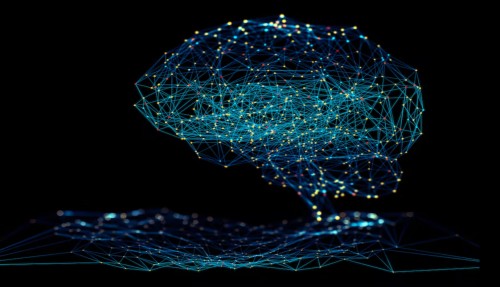Neural networks are powerful tools in the world of artificial intelligence and machine learning. They are complex systems of algorithms that mimic the structure and functions of the human brain. Neural networks have the ability to “learn” by processing data and providing feedback to adjust their parameters. This allows them to recognize patterns and make predictions without being programmed to do so. In recent years, neural networks have become increasingly important in solving a variety of complex problems in areas such as language understanding, computer vision, robotics, and more.
At its core, a neural network is composed of layers of connected neurons (or nodes). Each neuron within the network is connected to neighboring neurons in a specific way – based on predetermined weights – so that it can process information. The neurons are then organized in different layers that process the input data fed into the network. In a single-layer artificial neural network, there is one layer of neurons that processes inputs and outputs, while in a multi-layer structure, a number of layers are used to process data and provide more sophisticated results.
In order to train a neural network, labeled data sets are required. This data helps the network learn to distinguish between different types of patterns and turn that knowledge into usable predictions. The training process involves optimizing the weights of the connections between neurons to get the most accurate output. To accomplish this, various optimization algorithms such as backpropagation and stochastic gradient descent are typically used.
Neural networks are used in a number of applications such as image recognition, computer vision, natural language processing, and even medical diagnosis. For example, deep learning algorithms can be applied to medical imaging data to improve accuracy in detecting diseases. Similarly, recurrent neural networks (RNNs) can be used for text generation and natural language processing tasks. In addition, neural networks are also utilized for recommendation engines, financial modeling, and gaming.
In recent times, advancements in hardware, software, and algorithms have allowed for developing increasingly more complex neural networks. As a result, neural networks are becoming ubiquitous in a variety of fields. With further research and development, it is likely that neural networks will become an increasingly important tool for solving complex problems.




